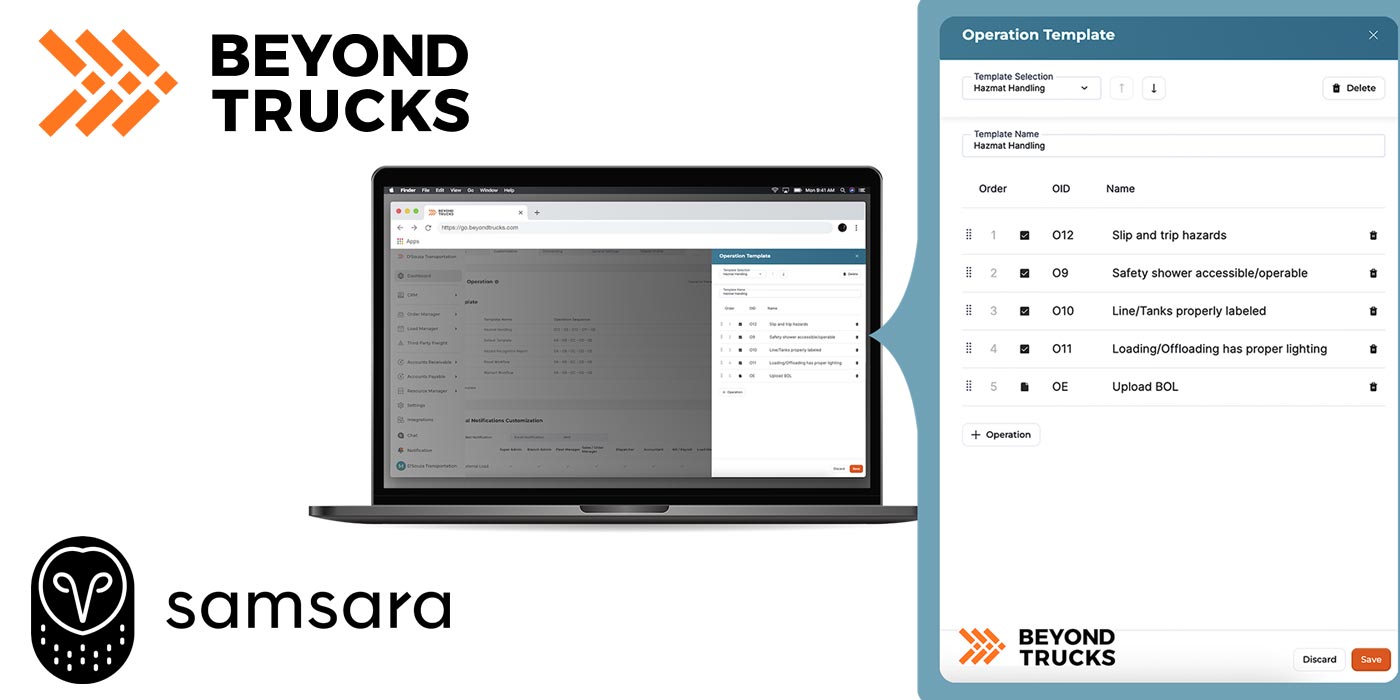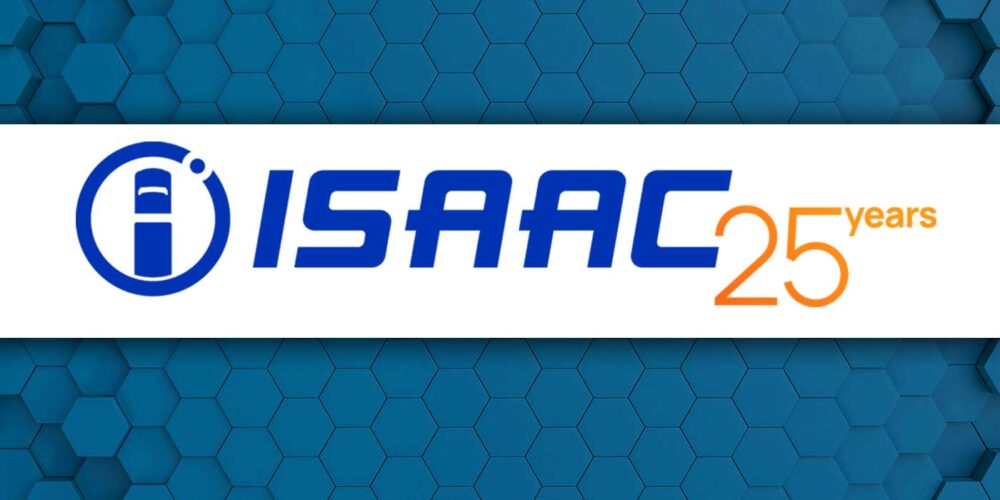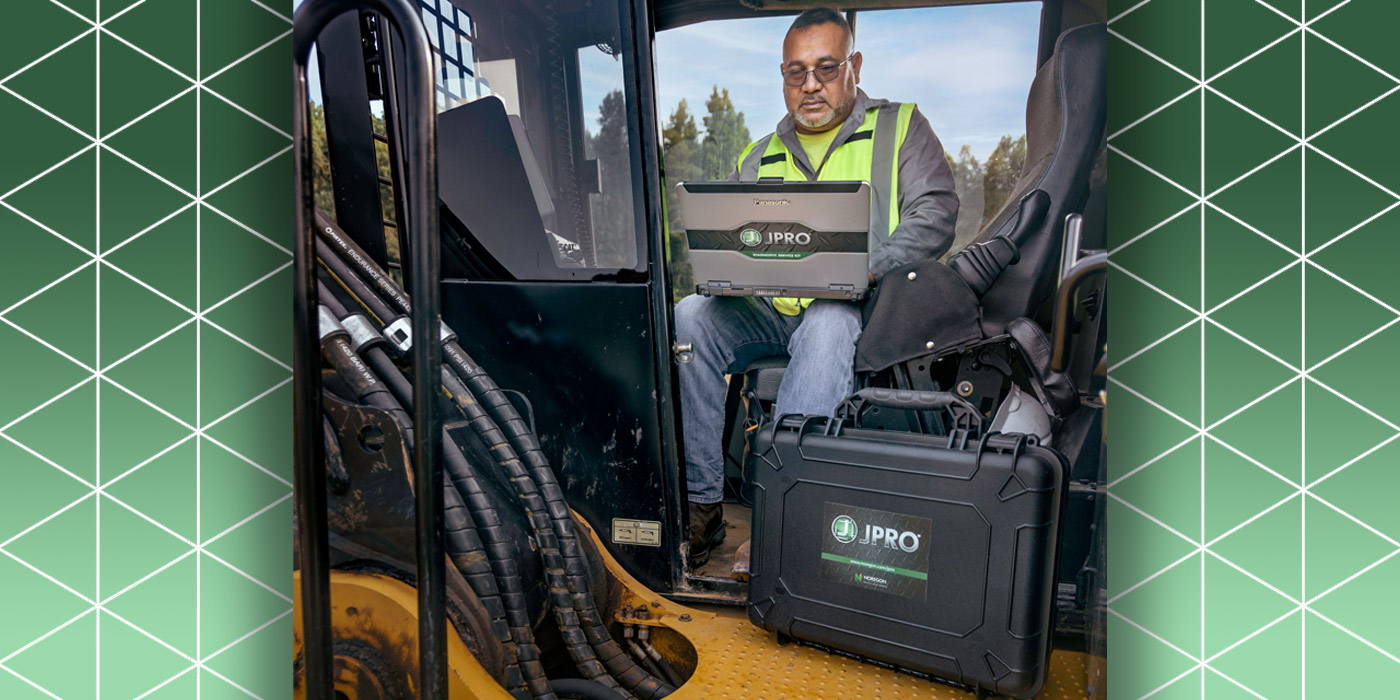How much are you paying for fuel these days? If you’re a fleet manager or business owner, the answer is probably too much. The price of fuel continues to trend up compared to this week a year ago – just one of many challenges facing fleet managers.
Fortunately, fleet managers have many ways to put the brakes on spiraling fuel costs in today’s challenging market. From driver education programs to preventative maintenance best practices, here’s a look at eight ways to steer your business in a more fuel efficient direction.
1. Educate your drivers
Fleet managers know how important fuel efficiency is, but what about your drivers? A detailed education plan can help curb aggressive driving behaviors like accelerating too rapidly, speeding, braking too quickly and taking corners too sharply–all of which waste fuel.
2. Reduce idle time
It seems simple, but unnecessary idling burns up billions in fleet profits annually. According to the U.S. Department of Energy, a long-haul truck idles about 1,800 hours per year, using about 1,500 gallons of diesel. Reducing idling time can add up quickly.
3. Check tire pressure
It’s true for all vehicles that checking tire pressure is a simple and effective way to ease inflating costs. Technologies such as a tire pressure monitoring system (TPMS) make this kind of inflation an easy and effective way to curtail ballooning fuel usage, extend the tire life, and lower the risk of accidental blowouts.
4. Monitor vehicle mileage
It seems obvious, but the only way to fully address fleet fuel consumption is to first monitor fleet mileage and gallons consumed, so you can understand where all that fuel is going. Fleet management software tools can track mileage by vehicle and give detailed reports so you can separate the gas hogs from the fuel sippers.
5. Plan routes efficiently
Construction and traffic jams are just some of the variables that can make even a simple delivery route a costly, fuel-guzzling feat of inefficient endurance. Fleet management software can be a powerful way to see traffic, weather and more in real time, so fleet managers can plot routes more efficiently.
6. Watch your speed
Obeying posted speed limits is essential to fuel savings because high speeds equal low mileage. In fact, according to the U.S. Department of Energy, gas mileage drops rapidly at speeds above 50 miles per hour. Fast driving also puts undue wear and tear on the engine, brakes, tires and other costly mechanical parts.
7. Preventative maintenance matters
From new spark plugs to replacement air filters, preventative maintenance can be worth its weight in fuel savings. A finely tuned fleet vehicle runs more efficiently and can also reduce the risk of larger, even more expensive repairs farther down the road.
8. Go high tech.
If you’re still using paper forms or other cumbersome systems to keep your fleet running, there’s a better way. Fleet management technology, which includes everything from dashcams and GPS sensors on trucks, to real-time displays and mapping tools in the logistics center–can be a game changer for fleet managers. Advanced tools include solutions to monitor fuel usage in real time, automatically plan more efficient routes, and view driver behavior for fuel-sucking habits like hard braking and rapid acceleration. Fleet management technology can even help provide integral vehicle data to perform a range of electric vehicle analytics, including feasibility and infrastructure planning for businesses.
Erin Cave is the director of product management at Verizon Connect.













